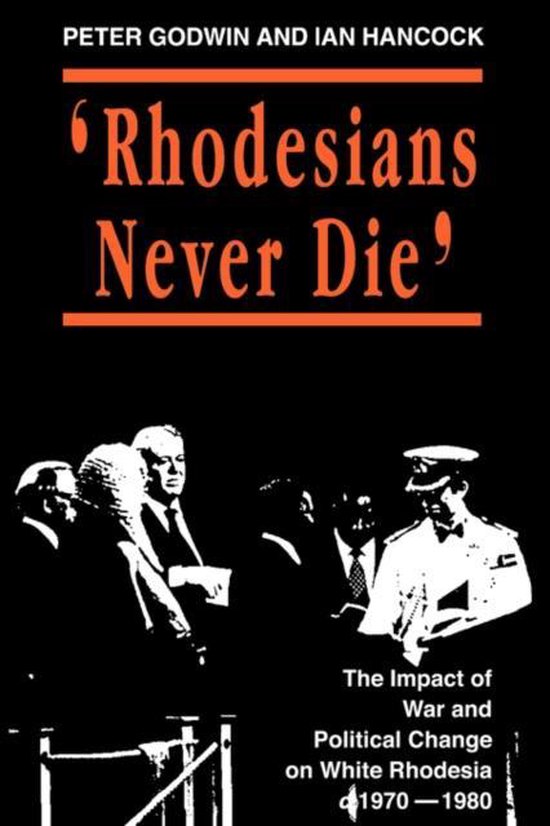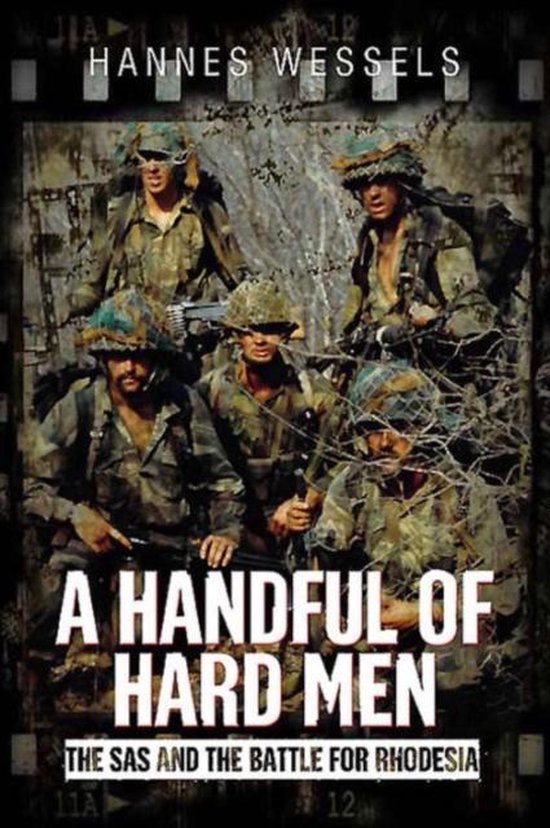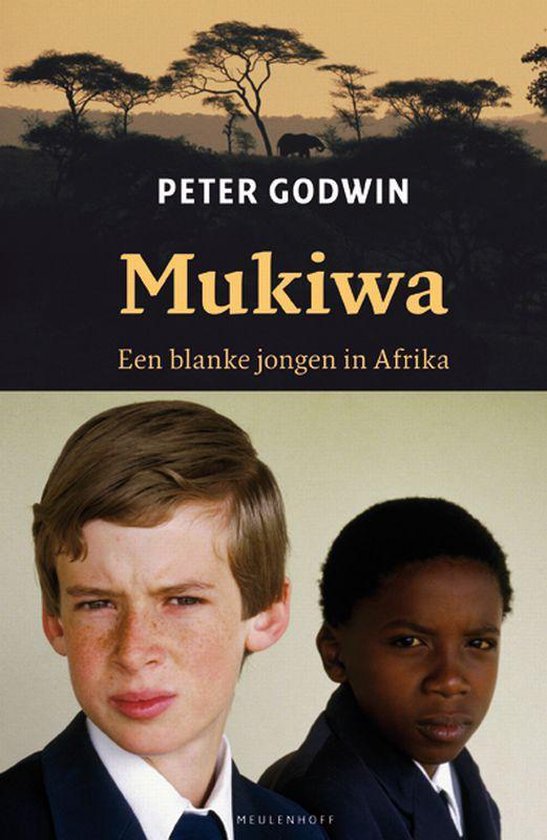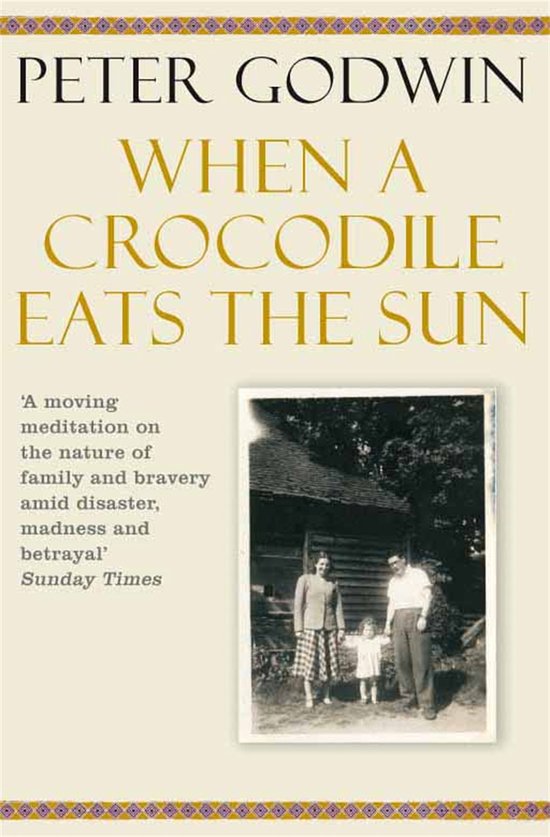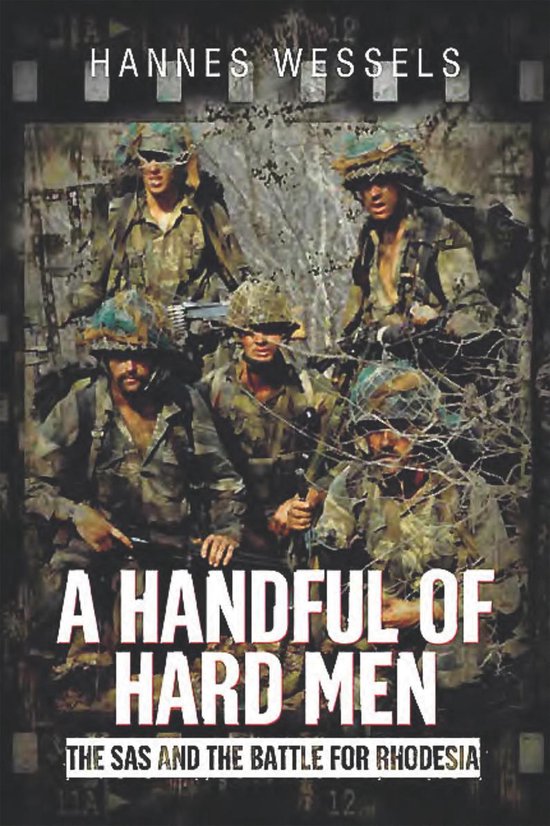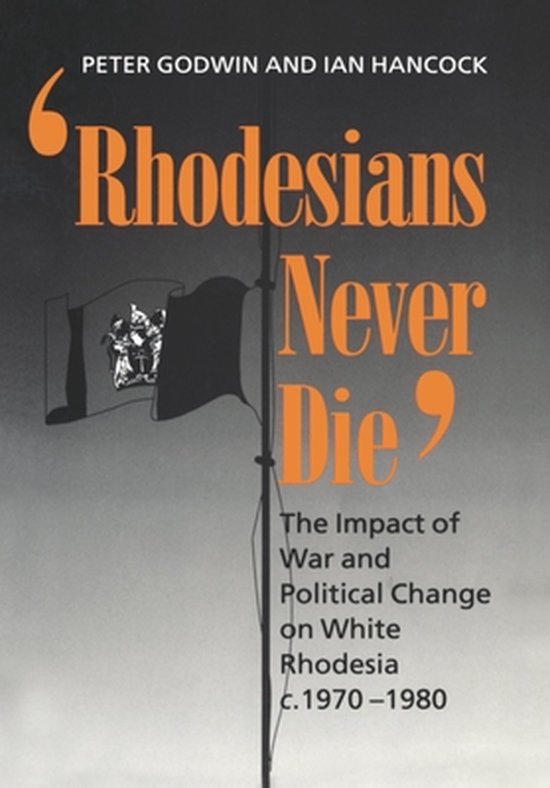
Rhodesians Never Die
The authors examine the values and beliefs of White Rhodesia, exploring the fundamental nature of its racial and national identity. They assess how White Rhodesians, ill-prepared for war and revolutionary change as they ware in 1970, reacted to the challenge to and eventual loss of their domain. This is the story of how Rhodesia became Zimbabwe.
This book tells the story of how White Rhodesians, three-quarters of whom were ill-prepared for revolutionary change, reacted to the `terrorist' war and the onset of Black rule in the 1970s. It shows how internal divisions - both old and new - undermined the supposed unity of White Rhodesia, how most Rhodesians begrudgingly accepted the inevitability of Black majority rule without adjusting to its implications, and how the self-appointed defenders of Western civilization sometimes adopted uncivilized methods of protecting the 'Rhodesian way of life'. This is a lively and accessible account, based on careful archival research and numerous personal interviews. It sets out to tell the story from the inside and to incorporate the diverse dimensions of the Rhodesian experience. The authors suggest that the Rhodesians were more differentiated than has often been assumed and that perhaps their greatest fault was an almost infinite capacity for self-delusion.
This book tells the story of how White Rhodesians, three-quarters of whom were ill-prepared for revolutionary change, reacted to the `terrorist' war and the onset of Black rule in the 1970s. It shows how internal divisions - both old and new - undermined the supposed unity of White Rhodesia, how most Rhodesians begrudgingly accepted the inevitability of Black majority rule without adjusting to its implications, and how the self-appointed defenders of Western civilization sometimes adopted uncivilized methods of protecting the 'Rhodesian way of life'. This is a lively and accessible account, based on careful archival research and numerous personal interviews. It sets out to tell the story from the inside and to incorporate the diverse dimensions of the Rhodesian experience. The authors suggest that the Rhodesians were more differentiated than has often been assumed and that perhaps their greatest fault was an almost infinite capacity for self-delusion.
| Auteur | | Peter Godwin |
| Taal | | Engels |
| Type | | Hardcover |
| Categorie | | Mens & Maatschappij |
